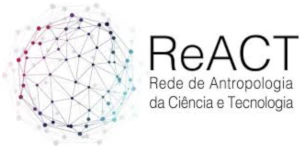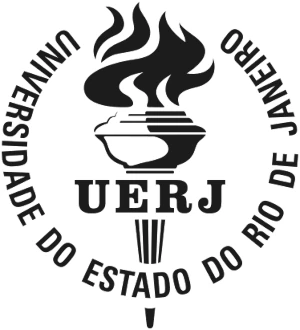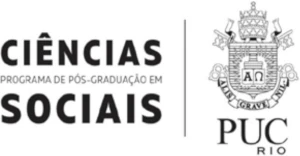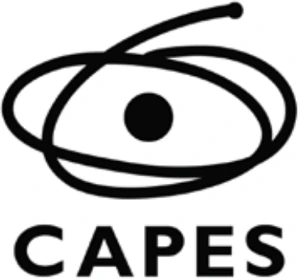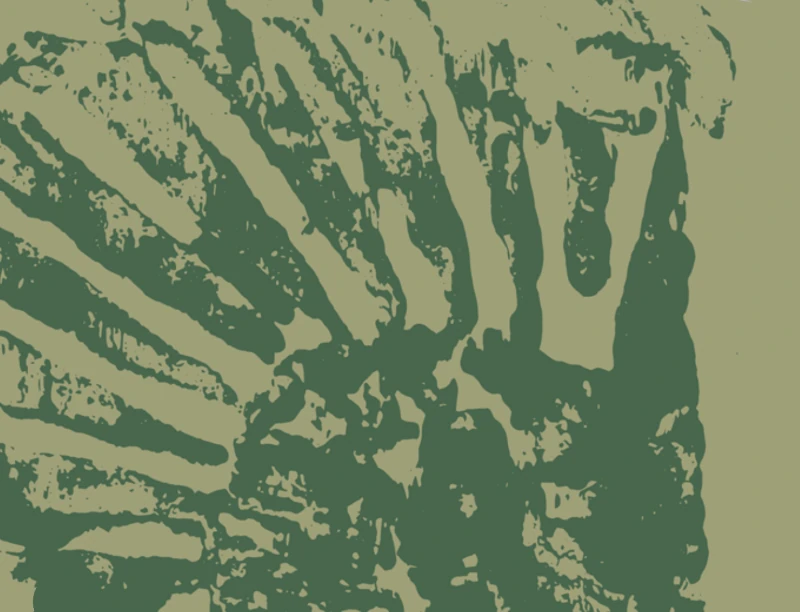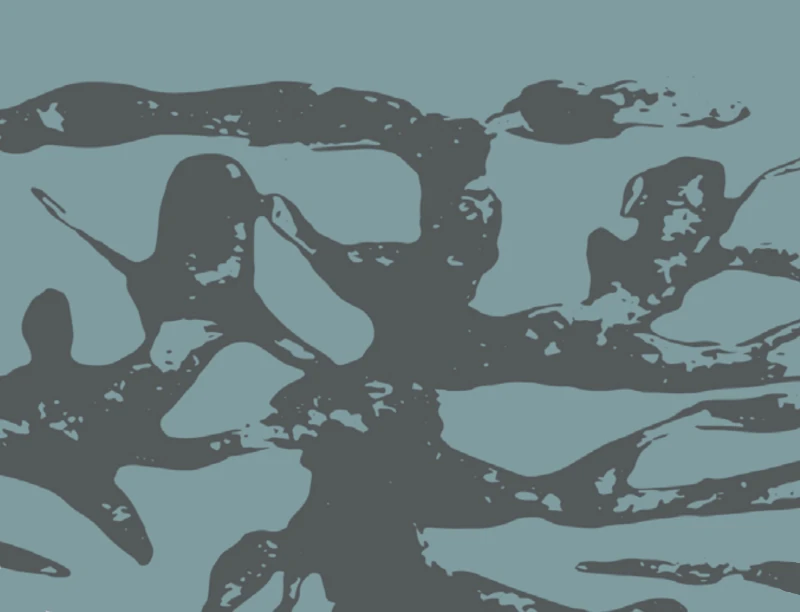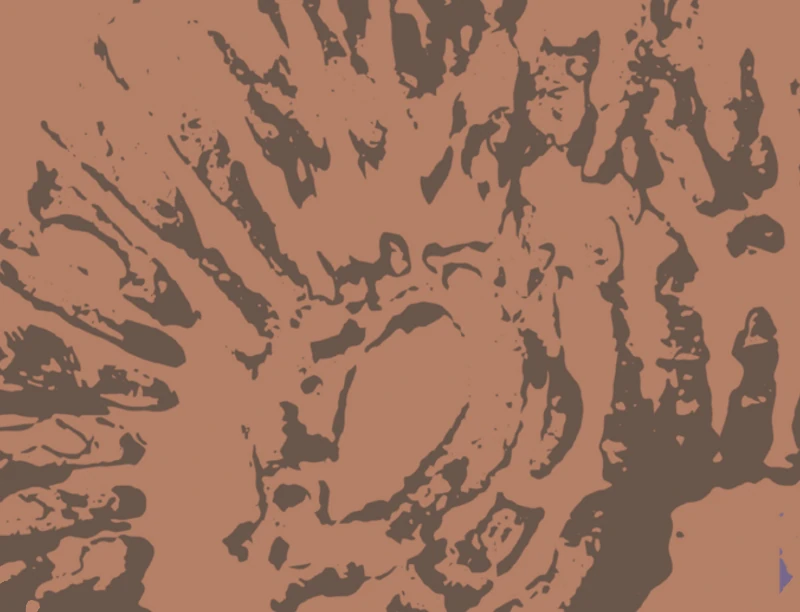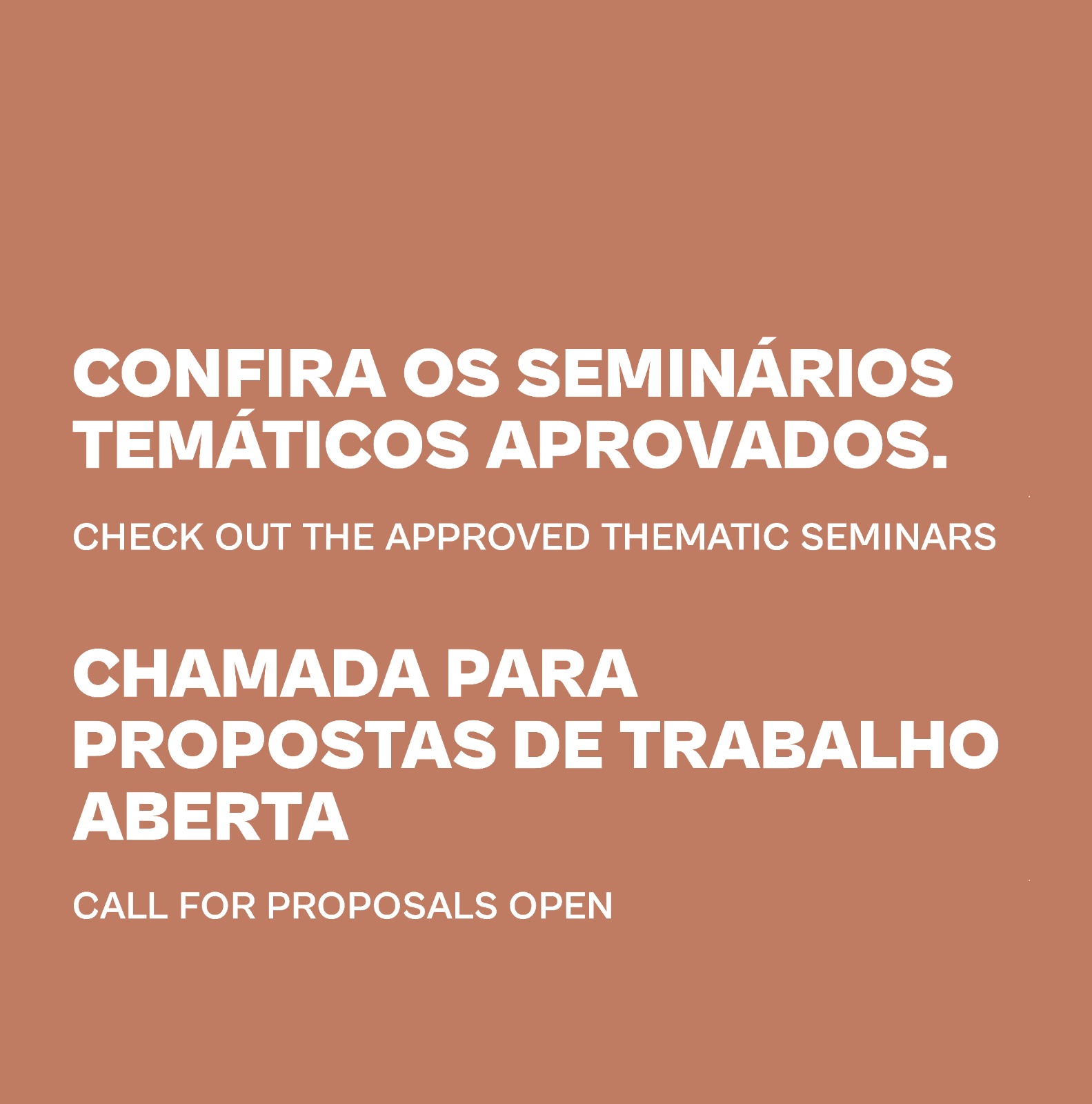
The tenth Anthropology of Science and Technology Meeting (ReACT) will return to Rio de Janeiro in 2025, completing 18 years of existence and with a baggage of 9 meetings held in 7 different states.
A review of previous meetings points to a perceptible transformation of the initial impulse that guided the creation of the meeting in 2007. As the epitaph of the revolutionary leader Odo, a character in Ursula Le Guin’s science fiction novel The Dispossessed, says, “the real journey is the return”. Not because it’s a return to the same, to the familiar, but because it’s always on the way back that we realize the transformations we’ve undergone on the journey, as in all good fieldwork. In this return to Rio, the tenth ReACT seeks to reflect on and mobilize the transformations felt in its last editions, exploring the ethnographic potential that has been opened up around them in the study of sciences and technologies and the proximities and tensions that they have made explicit between scientific knowledge and that knowledge treated by anthropologists as “native knowledge” – non-scientific and non-academic.
Called upon to face these different modes of knowledge symmetrically – inside and outside the sciences, inside and outside academia – Anthropology finds itself implicated, if it wants to honor its vocation for dialogue, in a transformation of the “safe distance” created by it and other sciences to deal with other ways of thinking. The symmetrization operated by anthropology can therefore never be understood as an equivalence, insofar as it relates modes of existence and ecologies of practices that are irreducible to each other. And it is precisely in the possibility of an encounter between the different as different, the roughness of this encounter, the very divergence around the encounter, that we believe a true relationship can be produced, avoiding the ever-lurking trap of one of the poles ending up encompassing or overcoding the other.
But the ways of relating knowledge and practices in ReACT’s history” also evoke another important inflection in its path: that of shifting from the empirical study of techniques and sciences to that of their consequences, whether intentional or unintentional, which refers to the themes of climate catastrophes, the intrusion of Gaia, the Anthropocene, the Capitalocene, the Plantationcene, the Xawara epidemic, among many other ways of naming and describing the ecologies of proliferation of death, toxicity and ruins currently underway. And in the possible alliances resulting from this inflection, it is the technical stories that matter – both in terms of the collectives that anthropology has historically tried to learn from, and the potentially creative scientific practices that are the object of anthropological investigation. In other words, what matters are experiences and situations in which successes, pitfalls and defeats are thought about in the company of those gathered around them, and who, by thinking about them together, find ways of transforming them.
These alliances make it necessary, in turn, to think by the milieu, in other words, for knowledge to always be situated in such a way as to remove from the sciences the pretension of establishing a point of view of the whole, as a precaution to their will to power, which subjugates, annuls and exterminates other ways of thinking and being in the world. In this sense, dialogues between scientific practices and knowledge and other practices and knowledge cannot be reduced to a movement of appropriating words and thoughts from people and collectives outside the sciences. It is precisely in the opposite movement – of an anthropology taken up by other knowledges and practices – that we understand that a sensitively interesting transformation can take place. Thus, by drawing inspiration from the thinking of Antônio Bispo dos Santos, considering his unrestricted counter-colonial stance, that of someone who does not allow himself to be conditioned and knows that it is in the dignity of his people that his strength lies, we aim to continue expanding the Anthropology of Science and Technology Network in its transversal relations between practices and modes of knowledge. The aim is that this transversality can evoke a vital and creative power capable of transforming worlds and making the Earth, or lands, habitable places worth living in. And may we then celebrate, at this tenth meeting, these ever improbable encounters that we hope are, and continue to be, germinating encounters.
Schedule
March 11th
Call for proposals for thematic seminars
April 14th
Deadline for proposals for thematic seminars
May 8th
Call for abstracts for presentation of papers
June 9th
Deadline for submission of abstracts for presentation of papers
June 30th
Announcement of approved papers
June 30th
Release of the event’s full event program
October 6th to 10th
10th Anthropology of Science and Technology Meeting
October 17th
Deadline for submitting full papers for the event’s proceedings
Event program
Location
UERJ (Rio de Janeiro State University)
MARACANÃ CAMPUS
São Francisco Xavier Street, n. 524
Maracanã, Rio de Janeiro
RJ, 20550-013
Scientific committee
ANELISE GUTTERRES (UFRJ)
FELIPE SÜSSEKIND (PUC-RJ)
GABRIEL HOLLIVER (UFRJ)
HUMBERTO SANTANA JR (CEFET/RJ)
JULIA SÁ EARP (UFRJ)
KAUÃ VASCONCELOS (UFRJ)
MARIA RAQUEL PASSOS LIMA (UERJ)
MARINA NUCCI (UERJ)
RODRIGO C. BULAMAH (UERJ)
ROSANA CASTRO (UERJ)
ZOY ANASTASSAKIS (UERJ)
Organization committee
ANA CLARA CHEQUETTI (UERJ)
ANA PAULA PERROTA (UFRRJ)
ANELISE GUTTERRES (UFRJ)
BRUNO VILELA VASCONCELOS (UFRJ)
IBY MONTENEGRO DE SILVA ( PUC-RJ)
FELIPE SÜSSEKIND (PUC-RJ)
GABRIEL HOLLIVER (UFRJ)
HUMBERTO SANTANA JR (CEFET/RJ)
JOÃO NOVELLO WHATELY (PUC-RJ)
JOÃO VÍTOR VELAME (UERJ)
JULIA SÁ EARP (UFRJ)
KAUÃ VASCONCELOS (UFRJ)
MARIA RAQUEL PASSOS LIMA (UERJ)
MARIA JOSÉ BARRAL (CNFCP)
MARINA NUCCI (UERJ)
RODRIGO C. BULAMAH (UERJ)
ROSANA CASTRO (UERJ)
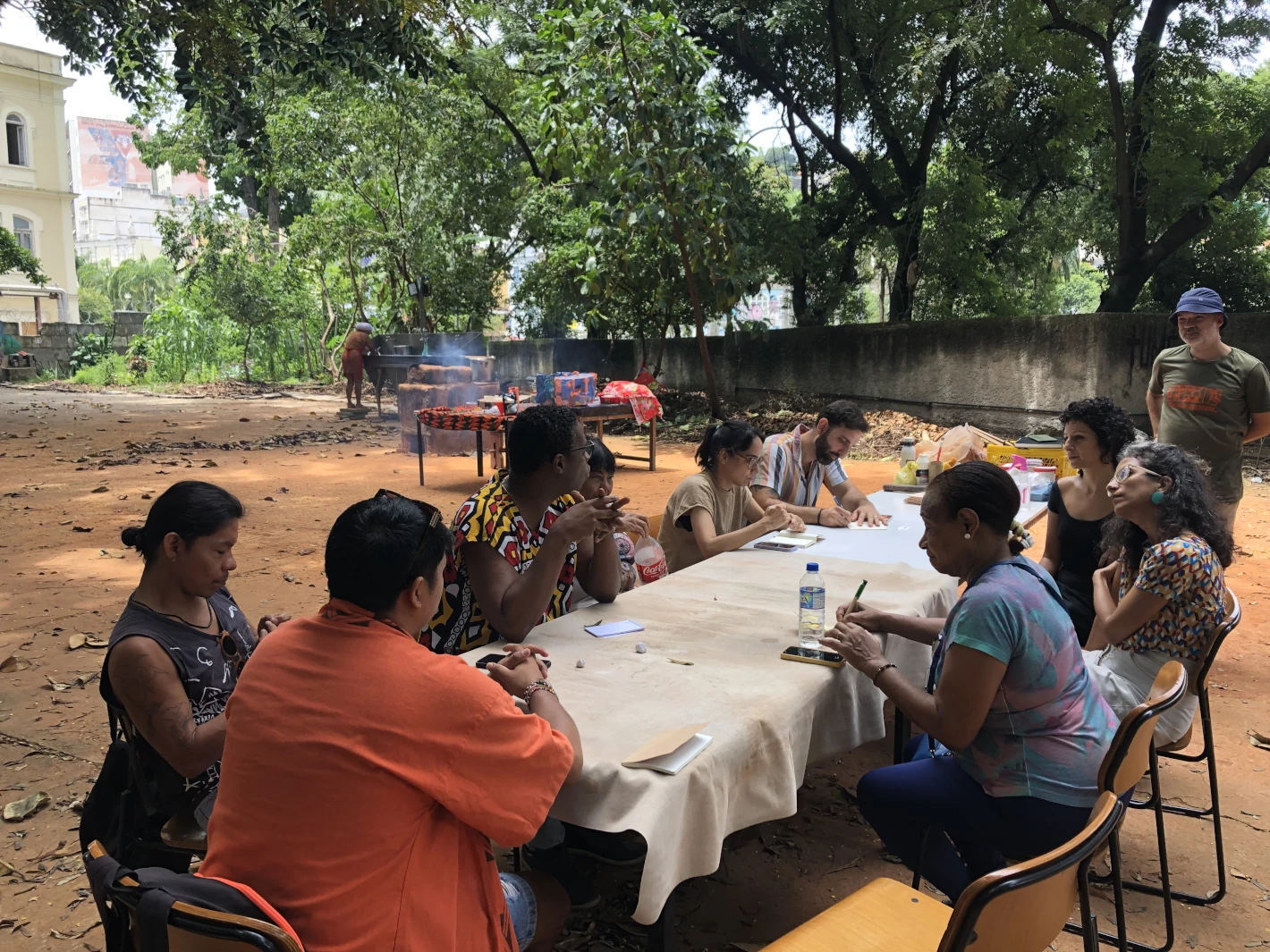
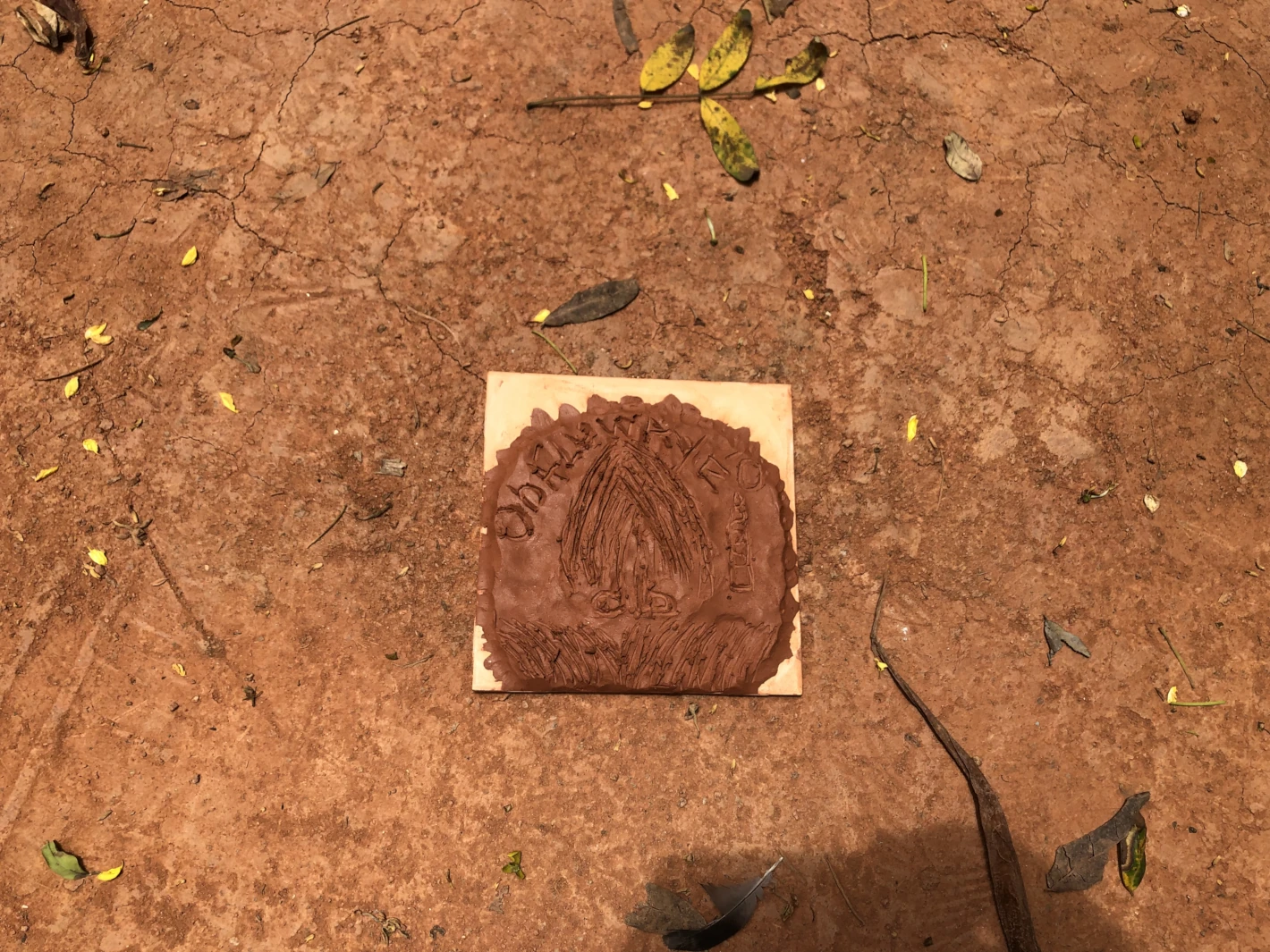
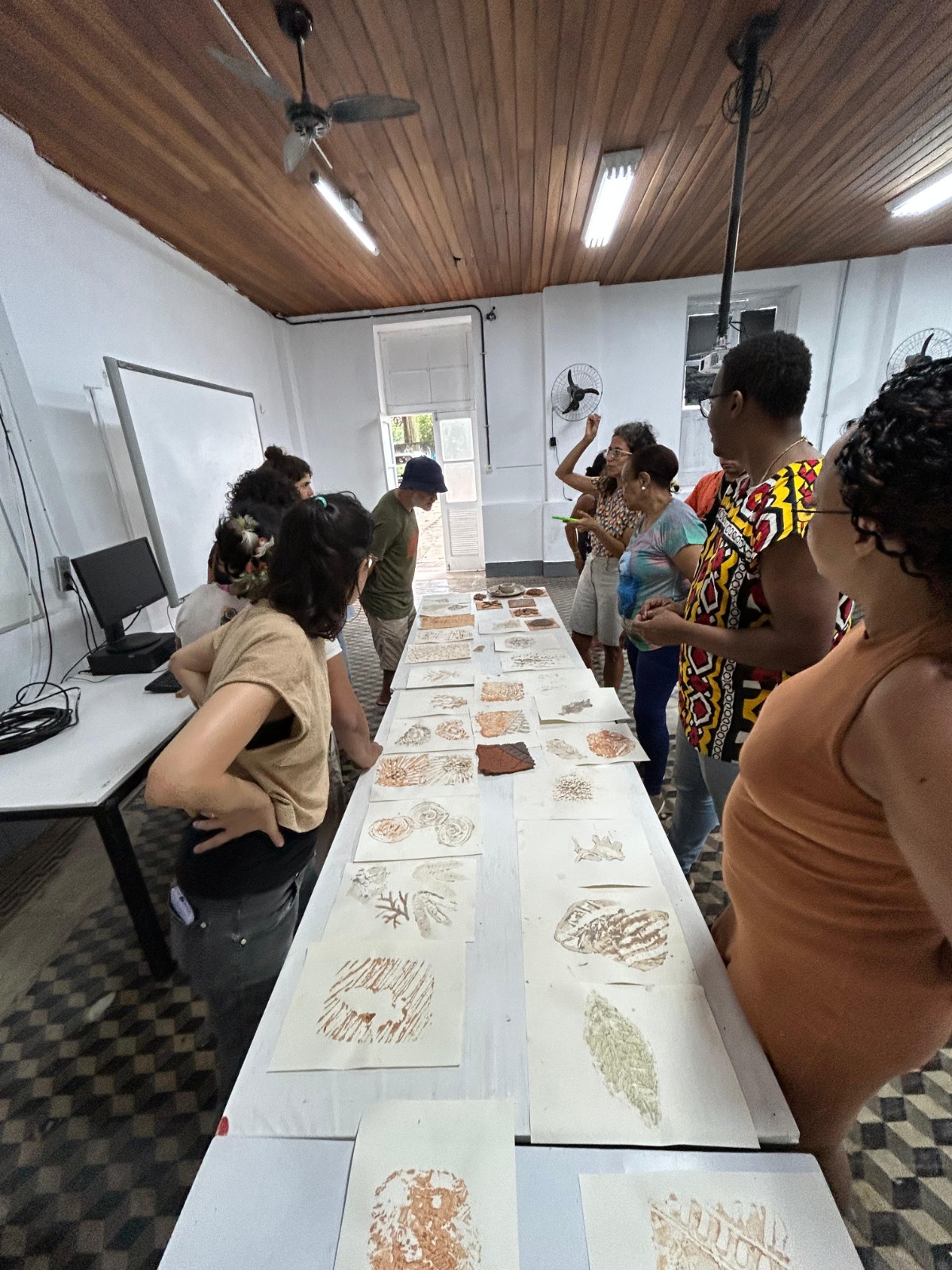
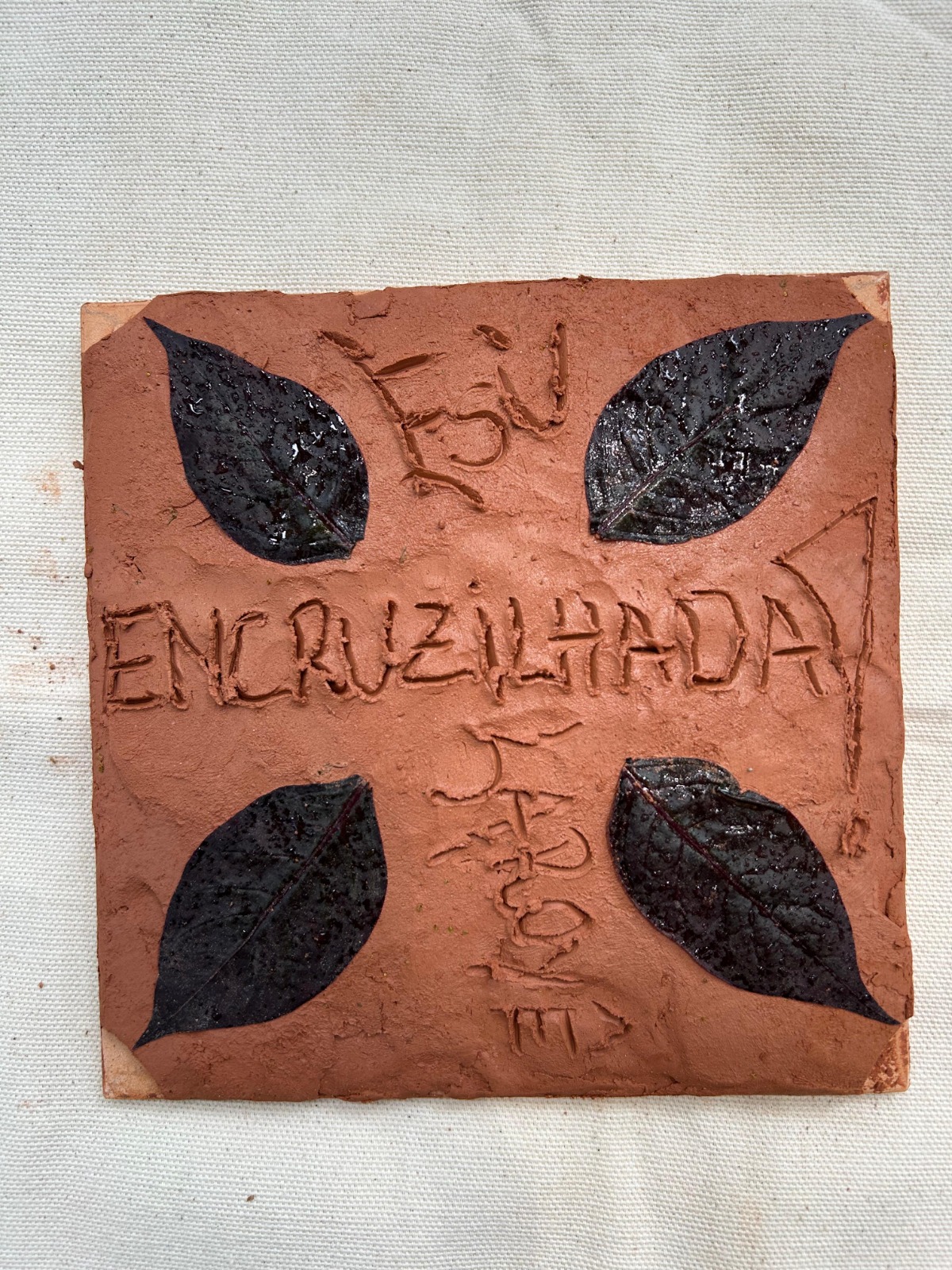
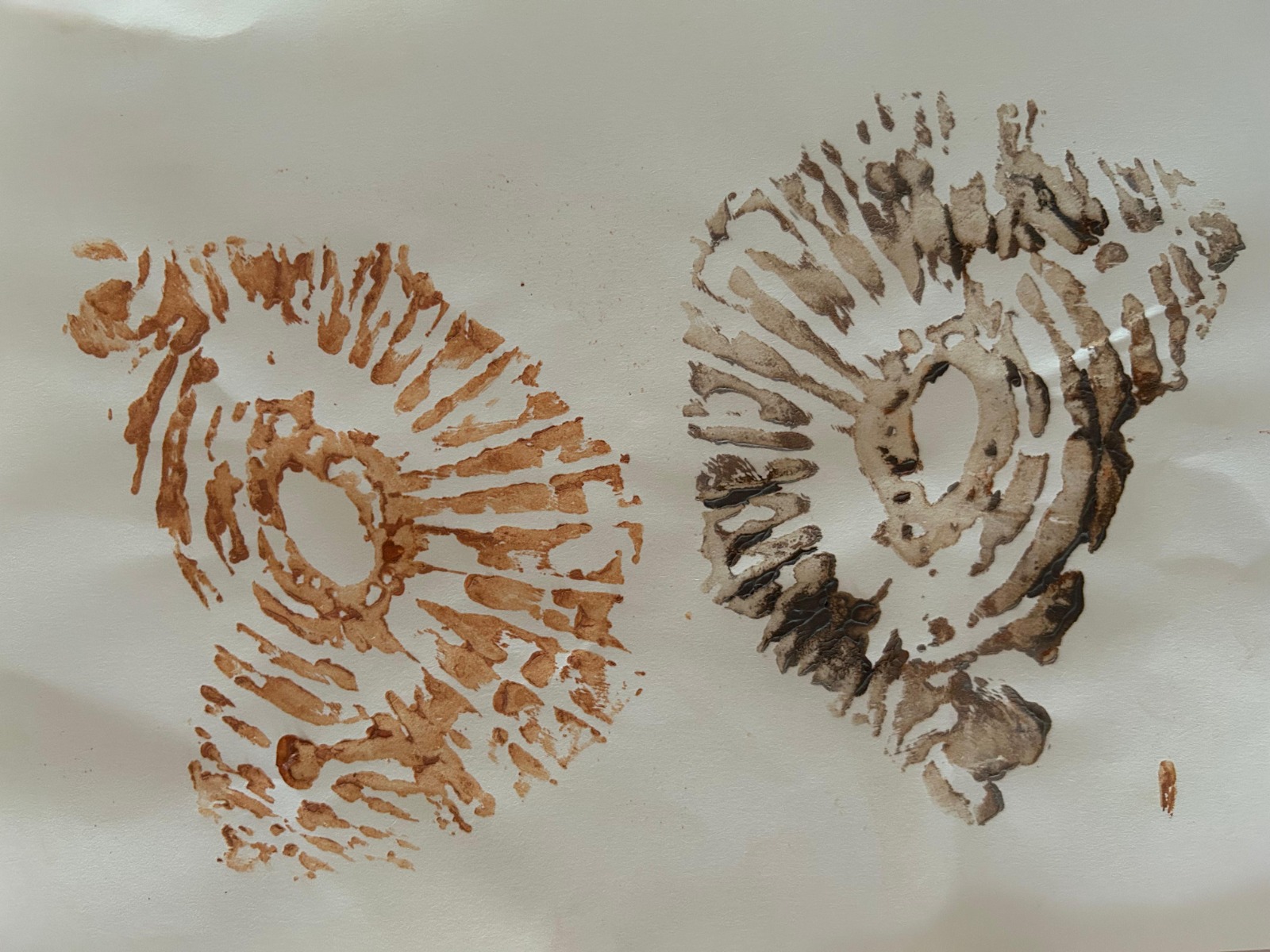
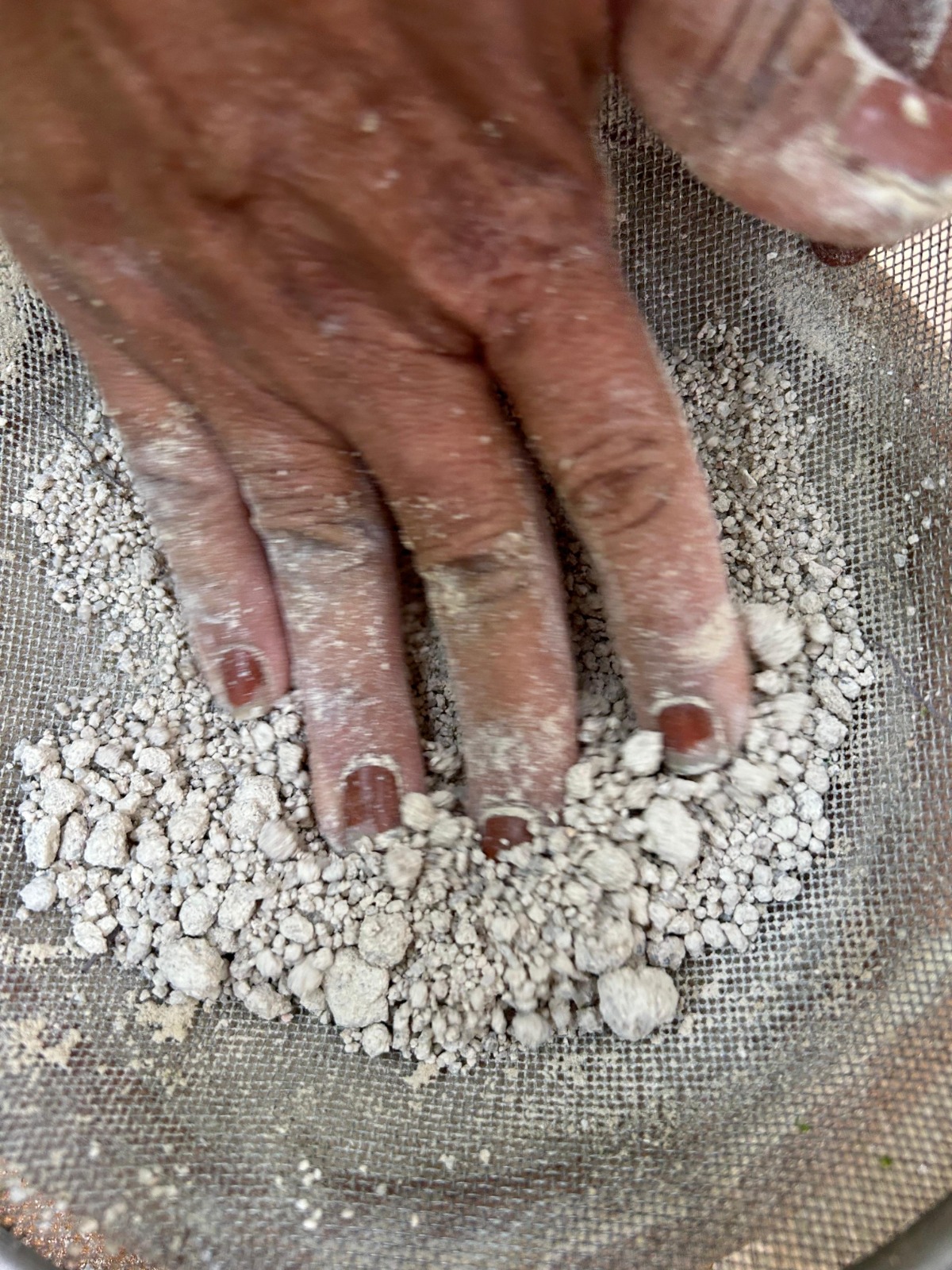
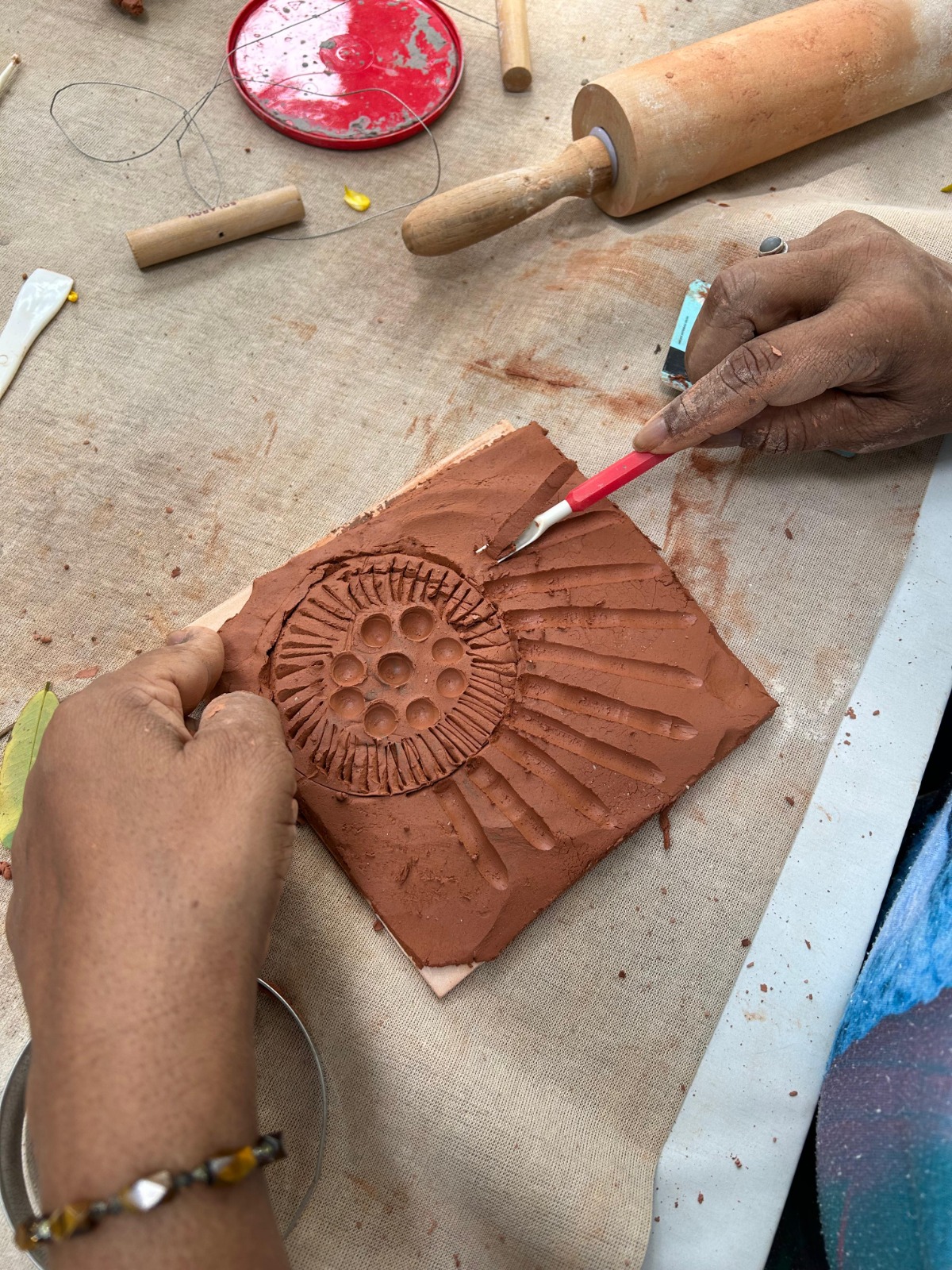
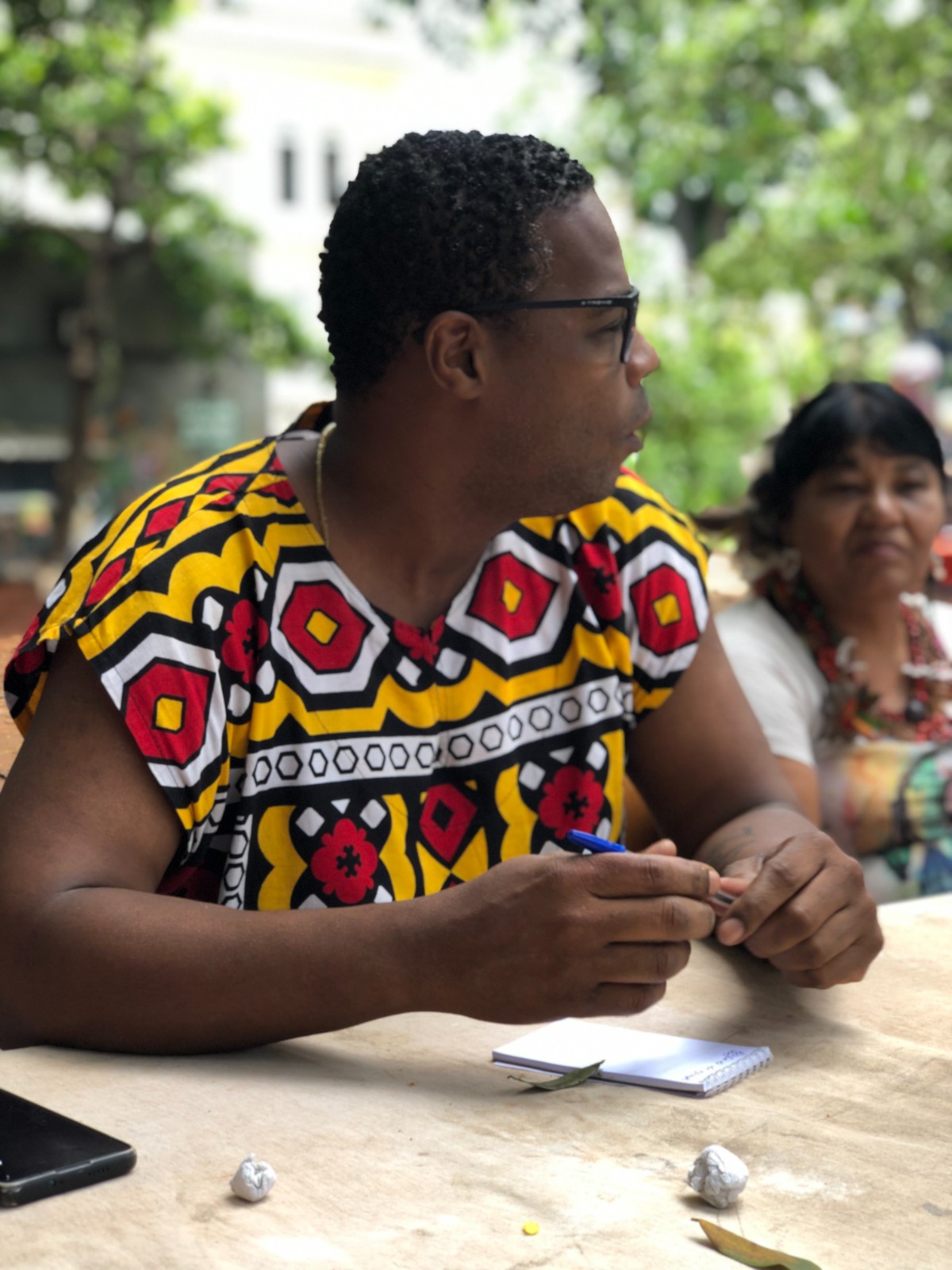
THE ART OF ReACT
The germinating words of Antônio Bispo inspired the preparation of the 10th Anthropology of Science and Technology Meeting, pushing us to meet, exchange, talk and practice with care and attention to this Meeting to come.
In this journey, confluence was both an invitation and a challenge. It is with this motto that the Scientific Committee, together with the designers from Estúdio Afluente, invited a group of masters involved in the “Cuisine of Traditions” research project (ESDI/UERJ) to a meeting with the aim of generating elements and visuals for the identity of the 10th ReACT.
The making of the images was inspired by a round of conversations about how Bispo’s words resonate with each person. What images and memories could be “germinating”? Using clay plates as matrices for printing drawings and natural elements, we experimented with engaging in a grounded and careful way to co-create both a visual identity for the event and links that would inspire proposals for the composition of workshops during the 10th ReACT.
